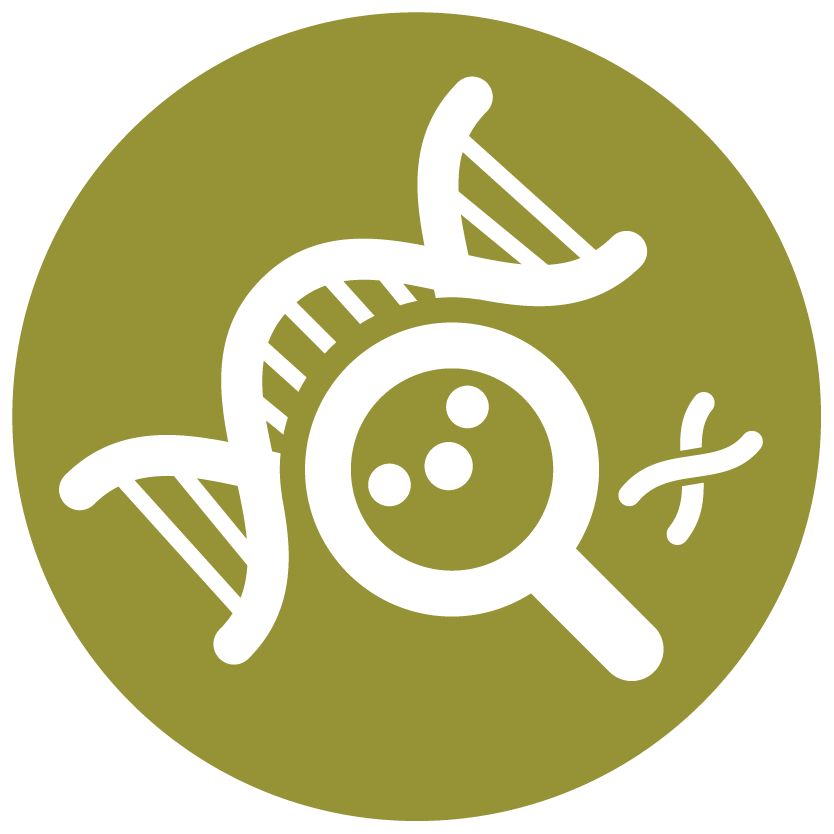Discovery and Basic Research
Rapid Fires: Emerging Technology as a Game Changer in Drug Discovery
How Artificial Intelligence Can Progress Organoid Intelligence Towards New Treatments
Tuesday, November 11, 2025
3:30 PM - 3:45 PM CT
Location: 303 AB

LR Jaidev Chakka, PhD
Post-doc
University of Mississippi
Oxford, Mississippi
Rapid Fire Speaker(s)
Artificial Intelligence (AI) is exponentially increasing the efficiency of the research and analysis towards discovery, formulation, optimization, and manufacturing. The language learning models through adaptive and generative learning models are benefiting the industry with ease of finding new and effective molecules, treatments for better patient care. The organoids have the functionality of an organ that could be used as a disease model in vitro. The application of AI (Example: brain organoid) can facilitate training neuronal cells for a specific output regarding their short and long memory patterns called ‘Organoid Intelligence’. The training of these organoids to produce a certain output of biomarkers or compounds can replicate a disease state identical to invivo model. Such models can be studied for new treatments that are not limited to either small molecules or complex treatment regimens for better outcomes and improved patient quality of life.
Learning Objectives:
- Upon completion, participants will be able to understand artificial intelligence and its application in pharmaceutics.
- Participants will improve their understanding of organoid intelligence.
- Participants will draw comparisons between AI and OI.
- Participants know how to use AI and OI for pharmaceutics?
- Upon completion, participants will know about organoids particularly brain organoids


